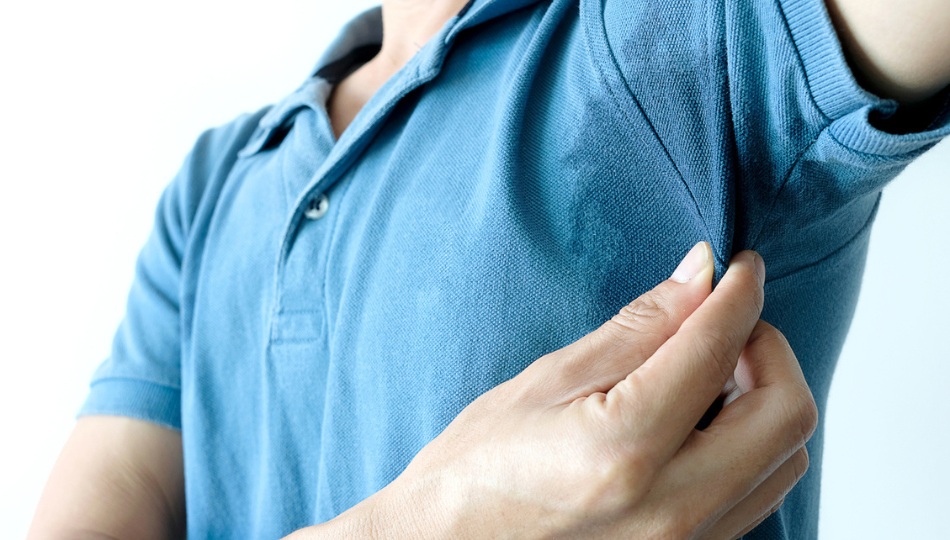Recently, a community member asked us if people with Parkinson’s have noticeable body odor and, if so, if there was anything they could do about it.
The short answer is yes and yes.
But let’s first go back to Scotland in the 1970s because that’s when a nurse named Joy Milne noticed that her husband, Les, had started to have a distinct musky smell. However, it wasn’t until over ten years later that he was diagnosed with Parkinson’s. When they started attending Parkinson’s support groups together, Joy soon noticed the same smell on many other people with Parkinson’s. She brought her findings to researchers at the University of Edinburgh and the University of Manchester, and after years of work, they found two incredible results.
First, Joy could correctly identify whether people had Parkinson’s over 98% of the time just by smelling the clothes they had slept in.
Second, people with Parkinson’s have higher levels of certain chemicals in their sebum (a waxy, oily skin secretion found on the back of the neck, forehead, scalp, and genitals) than control participants, offering a potential biomarker for Parkinson’s.
More research into these bacteria and yeasts is necessary before sebum secretion can be used as a diagnostic tool; however, learning about which compounds might be involved may lead to a breakthrough in early diagnosis.
Most of us aren’t super-smellers like Joy is – she has a history of recognizing Parkinson’s through a simple sniff – in some cases, even before the person has been diagnosed. Still, you or your care partner might have noticed a change in your body odor and are wondering about it. There are several possible explanations for this.
One is that you or your care partner notices the additional sebum secretions, especially when they catch a whiff from your forehead or the back of your neck. Research has shown that people with Parkinson’s secrete increased amounts of oil, which may be related to autonomic nervous system dysfunction.
Another possibility is that motor symptoms can make it more challenging to wash, and you may be missing spots.
Finally, some people with Parkinson’s experience a loss of their sense of smell; without that early warning system, you may not even be aware of your own body odor.
The good news is that if you or your care partner notices body odor that you would like to do something about, there are some steps you can take to reduce it:
- Carry blotting wipes with you. These little papers are designed to soak up sebum, not just wipe away sweat. Using them throughout the day when you notice build-up on your face, scalp, or neck can effectively control odorous sebum secretions.
- Add a face and neck wash to your daily routine. Make sure that dermatologists recommend the products you use. Some good ingredients for sebum control to keep an eye out for include tea tree oil, aloe vera, salicylic acid, and niacinamide.
- Invest in shower equipment that can help with mobility issues. Consider adding a detachable handheld shower head or a long-handled shower brush or sponge to help you clean hard-to-reach places.
- Store baby wipes in your bathroom, purse, or car. That way, if you notice body odor during the day, you can quickly address it without having to disrupt your day to shower.
- Don’t skip the basics. Though research suggests that the distinct musky smell that Joy Milne can detect is related to sebum secretions rather than underarm odor or sweat, you should continue to bathe regularly and use deodorizing products. If motor symptoms make applying deodorant difficult, consider using a spray deodorant or asking a care partner for help.
- Speak to your doctor about any concerning smells. While they may be related to Parkinson’s, differences in body odor can also be indicative of other issues, and it’s important to mention any changes you might notice to your primary care physician or movement disorder specialist.
Want to learn more?
Check out our post on what you need to know about Parkinson’s research to get information about how you can be involved in ground-breaking clinical trials. You can also explore our resources on non-motor symptoms like losing your sense of smell and learn more about when it might be time for Parkinson’s home healthcare to help with bathing.



